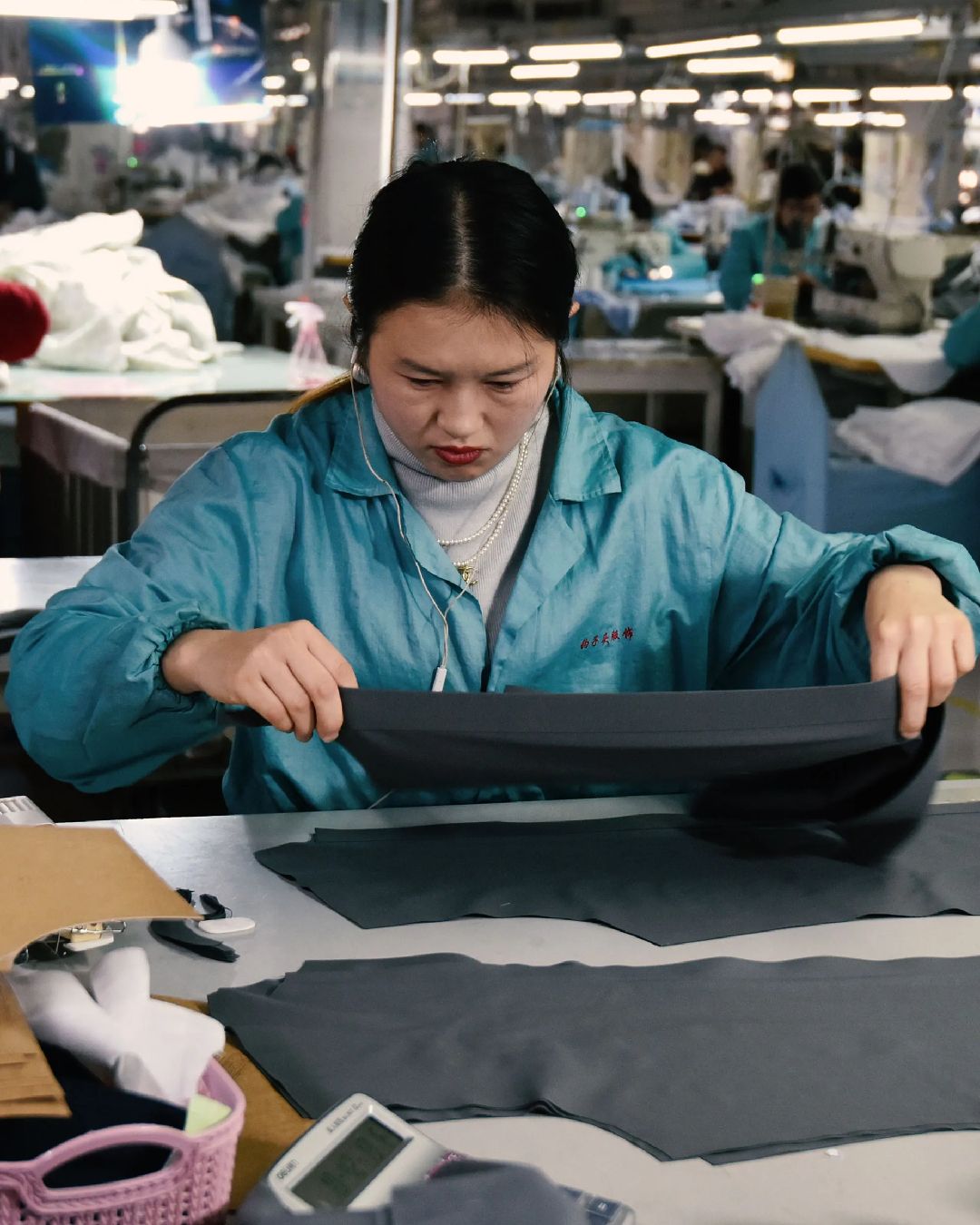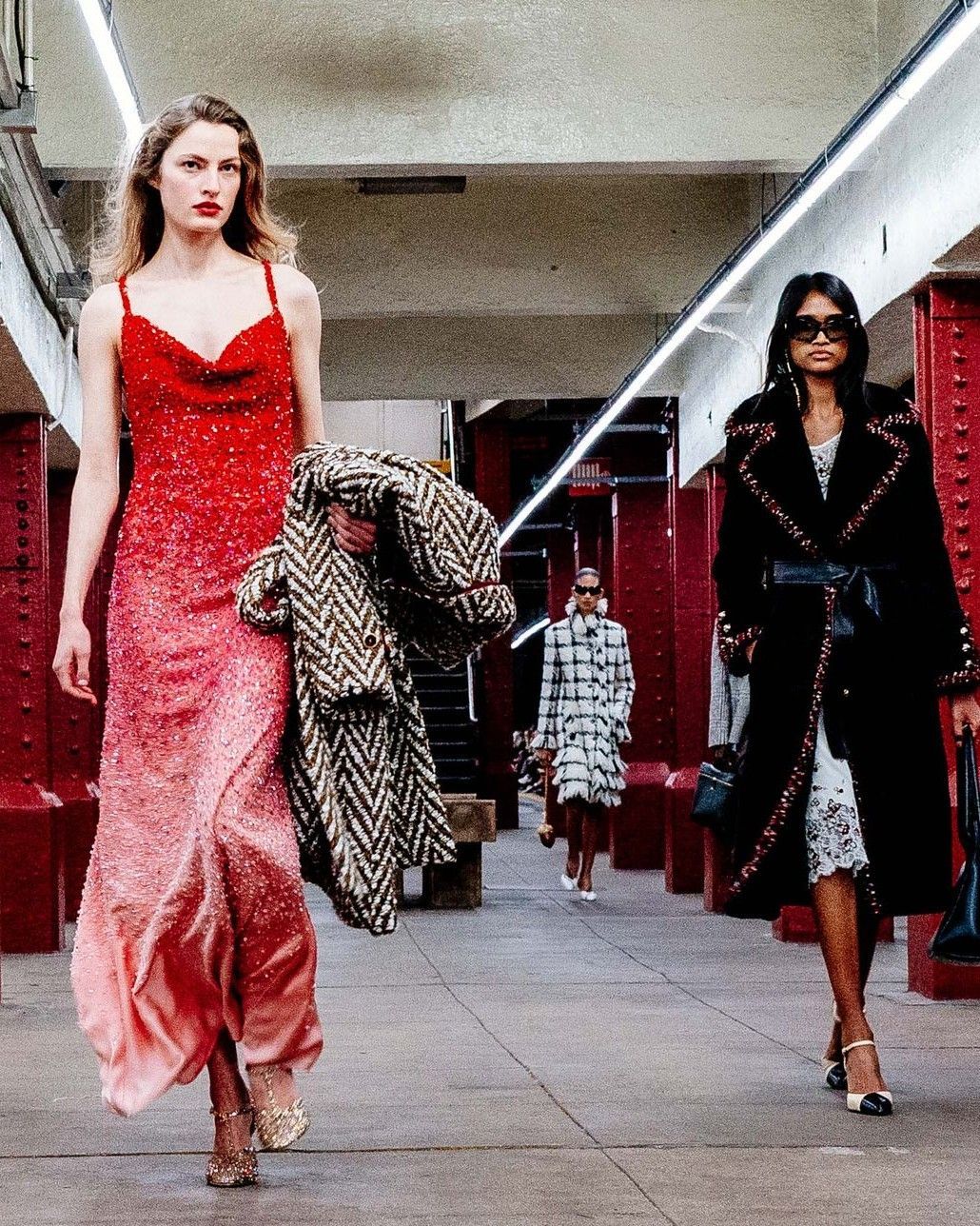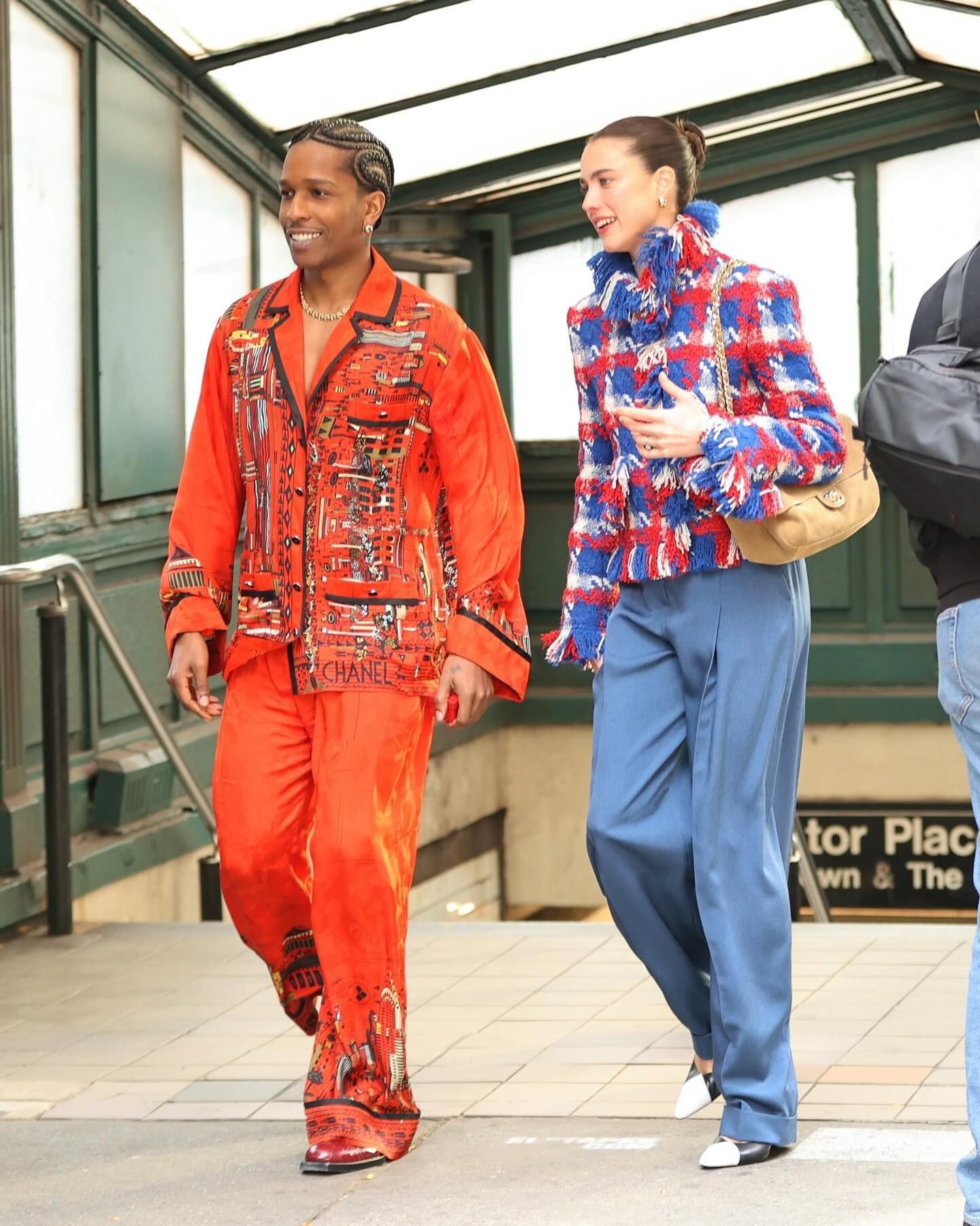
Has the trivialisation of luxury fed up its devotees ? Chanel and the president of its watch and jewellery section question its status
While in the past only a very elitist and relatively closed segment of the population could be interested in luxury and especially afford it, today it is everywhere all the time, and almost for everyone. Once synonymous with excess and caste division, its digitalization and new usages have now led to a démocratisation, even a banalisation. In the face of growing competition and increased concentration in the sector, creating pressure on short-term profitability, and due to new market demands, luxury houses are compelled to widen their product range. This choice allows them to reach not only their traditional clientele but also a broader audience. The luxury sector has thus evolved from an approach focused on an offer aimed at a limited number of consumers to a strategy where marketing professionals analyze market demand to adapt production to a mass market. However, while this omnipresence and upgrade was intended to be attractive and particularly effective in terms of sales, it seems that this banalisation of luxury is troubling its consumers, who are tired of being "bombarded by luxury." This possibility worries Frédéric Grangier, President of Watches and Jewelry at Chanel.
The next two years are expected to be complicated for the luxury sector, explains Grangier in an interview with the Swiss newspaper Le Temps. According to him, the determining factor in the crisis currently affecting the sector, and which it will likely continue to face, is neither the fashion crisis in the Chinese market nor the geopolitical and economic context, but rather the banalisation of luxury. An "even more concerning factor that explains why this crisis could potentially last longer". For while the factors that have previously been blamed for creating disruptions in the luxury sector and its declining sales are indeed critical but cyclical and ephemeral situations, the fatigue of luxury risks pushing consumers to a point of no return and could be definitive.
In recent years, a major questioning regarding their luxury consumption and the meaning of the industry has arisen among luxury consumers, who were once more spontaneous and perhaps less thoughtful in their purchasing habits. Consumers who, according to Grangier, are now "tired of being bombarded by luxury." Furthermore, it seems that the option of second-hand luxury is increasingly viable and accepted by new generations. According to a recent study conducted by CSA for Vinted, 69% of French people believe that second-hand luxury products are fully-fledged luxury items. This data may also explain why people are less inclined today to visit luxury stores when they can acquire historical and rare pieces for a much lower price. Indeed, for the third quarter, the world's number one in the sector, the French giant LVMH, reported a 4.4% drop in sales, while its competitor Kering (owner of Gucci) saw a 15% decline. Although the House of Chanel appears timeless and eternally anchored as a pillar of luxury and fashion, it is not immune to a potential general backlash with dramatic repercussions, nor are any of its counterparts.













































